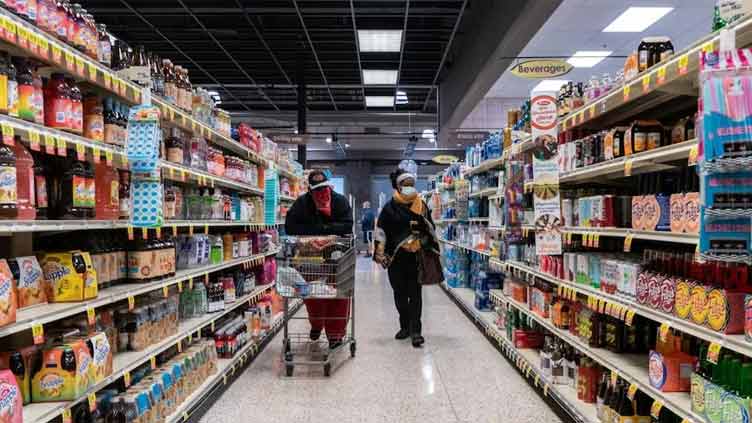US inflation retreating as consumer prices fall; labor market still tight

World
Economists polled by Reuters had forecast the CPI unchanged.
WASHINGTON (Reuters) - U.S consumer prices fell for the first time in more than 2-1/2 years in December as gasoline and motor vehicles prices declined, offering hope that inflation was now on a sustained downward trend, though the labor market remains tight.
Americans also got more relief at the supermarket last month, with the report from the Labor Department on Thursday showing food prices posting their smallest monthly increase since March 2021. But rents remained very high and utilities were more expensive.
Cooling inflation could allow the Federal Reserve to further scale back the pace of its interest rate increases next month. The U.S. central bank is engaged in its fastest rate hiking cycle since the 1980s. Fed officials welcomed the slowdown, with the Philadelphia Fed s Patrick Harker saying "hikes of 25 basis points will be appropriate going forward," in his view.
"The mountain peak of inflation is behind us but the question is how steep the downhill is," said Sung Won Sohn, finance and economics professor at Loyola Marymount University in Los Angeles. "To be sure, the efforts by the Fed have begun to bear fruit, even though it will be a while before the promised land of a 2% inflation rate is here."
The consumer price index dipped 0.1% last month, the first decline since May 2020, when the economy was reeling from the first wave of COVID-19 cases. The CPI rose 0.1% in November.
Economists polled by Reuters had forecast the CPI unchanged. It was third straight month that the CPI came in below expectations and raised buying power for consumers as well as hopes the economy could avoid a dreaded recession this year.

